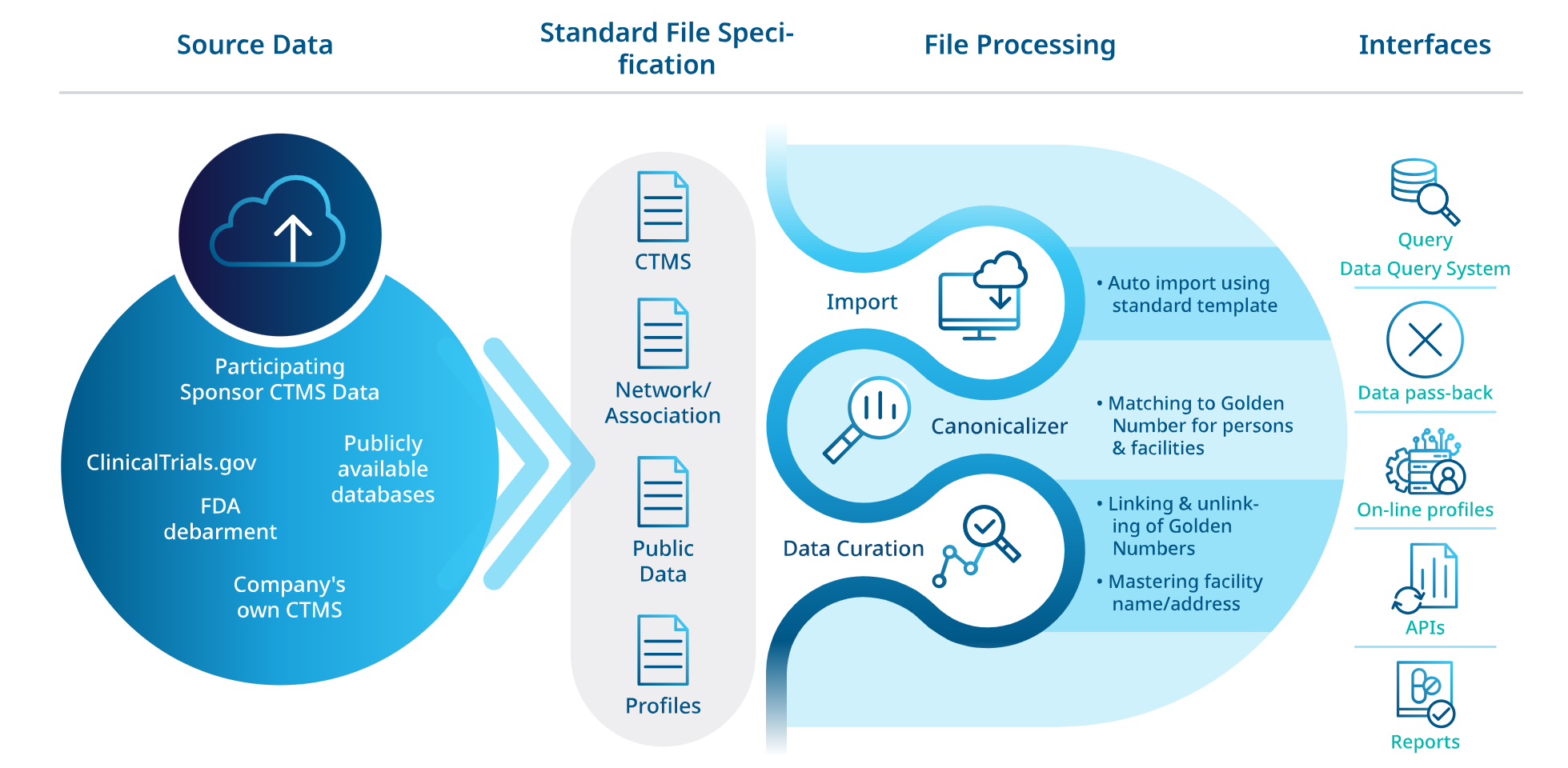
Clinical trials are a crucial step in the development of new treatments and medications. They involve testing the safety and efficacy of a new intervention in a controlled environment, typically involving human subjects.
However, clinical trials are often time-consuming, expensive, and challenging to conduct. Artificial intelligence (AI) is transforming the clinical trial landscape by optimizing trial design, patient recruitment, and data analysis.
Challenges in Clinical Trials
Clinical trials face several challenges, including:
1. Time-consuming and expensive: Clinical trials can take years to complete and require significant funding.
2. Patient recruitment: Finding eligible patients and ensuring they enroll in the trial can be a major hurdle.
3. Data analysis: Analyzing large amounts of data from multiple sources can be a daunting task.
4. Inefficient trial design: Poorly designed trials can lead to inconclusive results, wasting resources and time.
AI in Clinical Trials
AI is addressing these challenges in several ways:
1. Optimizing trial design:
AI algorithms can analyze data from previous trials, identify patterns, and suggest optimal trial designs.
2. Patient recruitment:
AI-powered tools can analyze electronic health records (EHRs), identify eligible patients, and notify clinicians.
3. Data analysis:
AI can analyze large datasets, identify trends, and provide insights that human analysts might miss.
AI-Optimized Clinical Trial Design
AI can optimize clinical trial design by:
1. Identifying high-risk patients:
AI can analyze data to identify patients who are more likely to experience adverse events.
2. Optimizing dosing regimens:
AI can analyze data to determine the most effective dosing regimens.
3. Selecting relevant endpoints:
AI can analyze data to identify the most relevant endpoints for the trial.
AI-Powered Patient Recruitment
AI-powered patient recruitment tools can:
1. Analyze EHRs: Identify eligible patients based on their medical history, demographics, and other factors.
2. Notify clinicians: Alert clinicians to eligible patients, ensuring timely enrollment.
3. Personalize recruitment: Tailor recruitment messages to individual patients, improving response rates.
AI-Driven Data Analysis
AI can analyze large datasets to:
1. Identify trends: Detect patterns in data that human analysts might miss.
2. Provide insights: Offer actionable recommendations for trial optimization.
3. Improve trial monitoring: Identify potential issues early, enabling prompt corrective action.
Real-World Examples
1. IBM’s Watson: Analyzed data from clinical trials to identify high-risk patients and optimize trial design.
2. Google’s DeepMind: Developed an AI-powered system to analyze medical images and identify patients with certain conditions.
Benefits of AI in Clinical Trials
The benefits of AI in clinical trials include:
1. Improved trial efficiency: AI optimizes trial design, reducing time and costs.
2. Enhanced patient outcomes: AI-driven insights lead to more effective treatments.
3. Increased patient engagement: AI-powered recruitment tools improve patient participation.
4. Better data analysis: AI identifies trends and provides insights, enabling data-driven decision-making.
Challenges and Future Directions
While AI has the potential to transform clinical trials, challenges remain:
1. Data quality and availability: Ensuring access to high-quality, diverse data.
2. Regulatory frameworks: Establishing clear guidelines for AI adoption in clinical trials.
As AI continues to advance, we can expect to see significant improvements in clinical trial efficiency, patient outcomes, and data analysis. By addressing the challenges and limitations of AI in clinical trials, we can unlock its full potential and accelerate the development of new treatments and medications.







